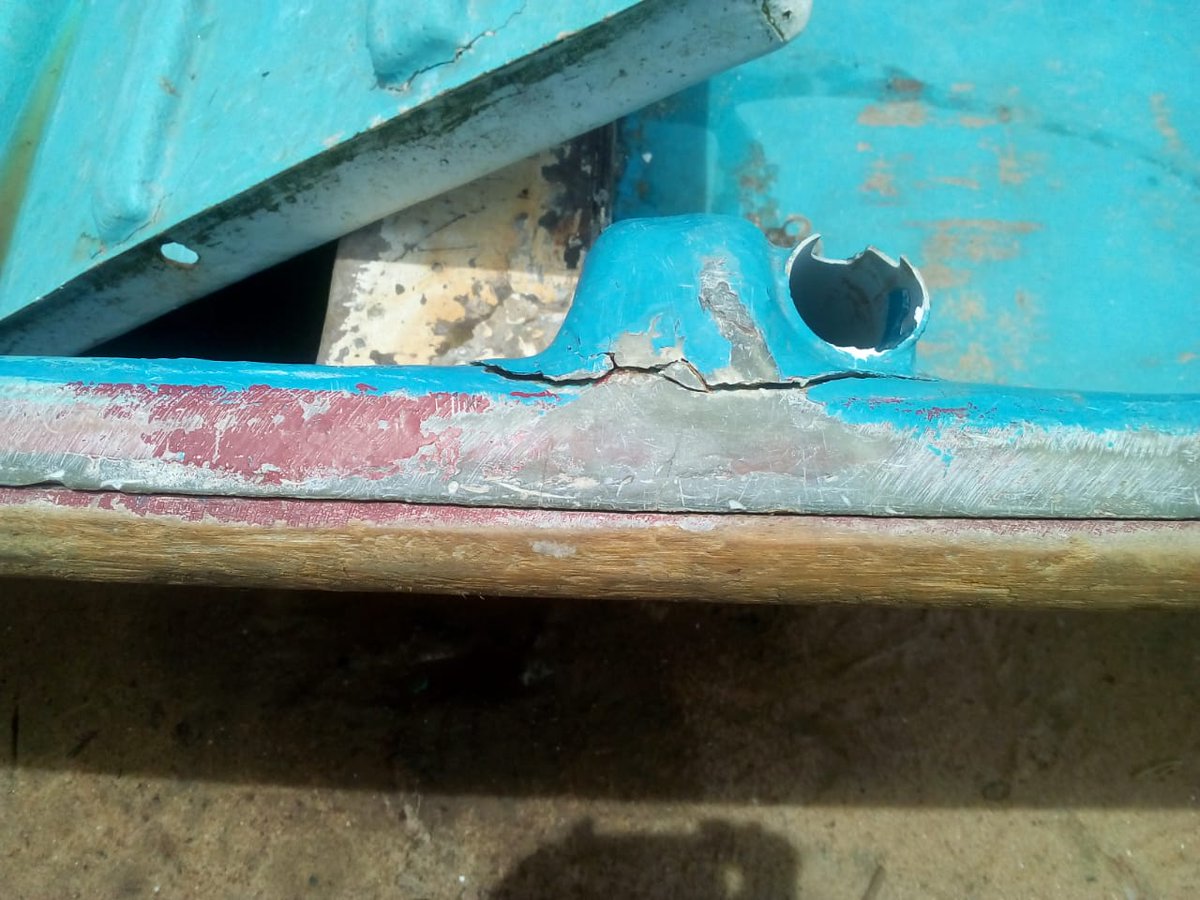sites.google.com/a/utexas.edu/r…
For instance, I’ve talked w/ my 5-year-old about death since before he could walk. 9/
(*I eat meat. I think of livestock & fish as sentient...and delicious) 12/
But it comes for all of us.
We do ourselves a disservice by avoiding having a relationship with it. 15/
We analyzed memorials, from the 9/11 one in NYC to the 1989 UTA Flight 772 crash in Niger, & more. 16/
jumpplus.net/issues/issue-6…
imdb.com/title/tt192938…
deathcafe.com










